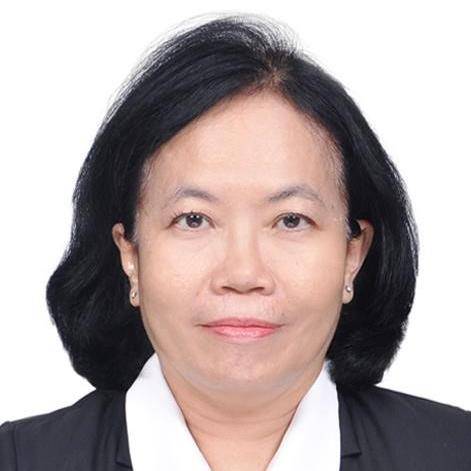Plenary: Sowing Seeds of Resilience: Financing Nature-Based Solutions for Disaster Risk Reduction
The session focused on challenges and opportunities associated with implementing nature-based solutions (NbS) for climate resilience, particularly in the context of Indonesia and broader global initiatives. It highlighted the financial and logistical hurdles that governments face when trying to integrate these solutions into urban planning and disaster risk management. Integrated water management is identified as a critical area where NbS can be applied, but the financial implications are significant. The national budget is limited, and governments must prioritize various needs, making it difficult to allocate sufficient resources for NbS projects. Additionally, implementing these solutions in densely populated areas, especially along rivers, can lead to high land acquisition costs. To overcome these challenges, it was suggested to explore diverse financing mechanisms that involve sub-national governments, donors, the private sector, universities, and communities. The World Bank is actively supporting Indonesia through a loan for the National Urban Flood Resilience Project (NUFREP), which aims to address flood risks in seven cities with a budget of US$ 400 million over five years. The discussion also touched on the role of private sector financing in supporting NbS. A significant barrier to private investment is the lack of reliable revenue streams associated with these long-term projects. The private sector typically requires clear profit motives and predictable cash flows, which can be at odds with the extended timelines and uncertain outcomes of NbS investments. The need for better risk assessment tools and frameworks that can help private investors understand the potential returns and risks associated with investing in natural ecosystems was emphasized. Furthermore, it is important to make climate and nature risks more transparent and disclosable for companies and public entities. By requiring organizations to disclose their dependencies on natural ecosystems and the potential impacts of ecosystem degradation, it creates a sense of accountability that could drive investment in NbS. This approach aims to integrate environmental risks into the financial decision-making processes of both private and public sectors. The session also reflected on the evolution of discussions around NbS over the past decade, noting that there is now greater recognition of their value in reducing risks and enhancing the livability and investability of regions. However, to scale up these solutions, there is a need for a structural shift in how investments are approached. Collaborative efforts are necessary to identify investment opportunities and construct effective financing plans that highlight the benefits of NbS for communities, governments, and the private sector. Collaboration among various stakeholders, including governments, private investors, and communities, are key to successfully implement nature-based solutions. The session calls for innovative financing strategies and better risk assessment tools to facilitate investment in NbS, ultimately aiming to enhance climate resilience and sustainability.
“I think it’s fantastic that Nature Based Solutions is becoming more of a mainstream policy option amongst the (DRM) community. But I also know that to really make this even more structural, we need to sort of retrain the “invisible hand”. “How do we get the private sector to be able to invest in this?” “There’s a big movement to make companies’, as well as public sector’s, exposure to climate and nature risks disclosable.” “And all the understanding, risk, tools, and capabilities that many in this room are at the heart of, are increasingly being required to allow companies and others to disclose what dependencies and risks they have to natural ecosystems and services.” “…if you protect those natural assets from being diminished, or at worst, being destroyed, you are reducing the contingent liabilities on those balance sheets. So suddenly, these assets, which are not necessarily owned by you, but you have an economic interest in them, have a value. And that’s transformational.” Rowan Douglas, CEO, Climate Risk and Resilience, Howden



